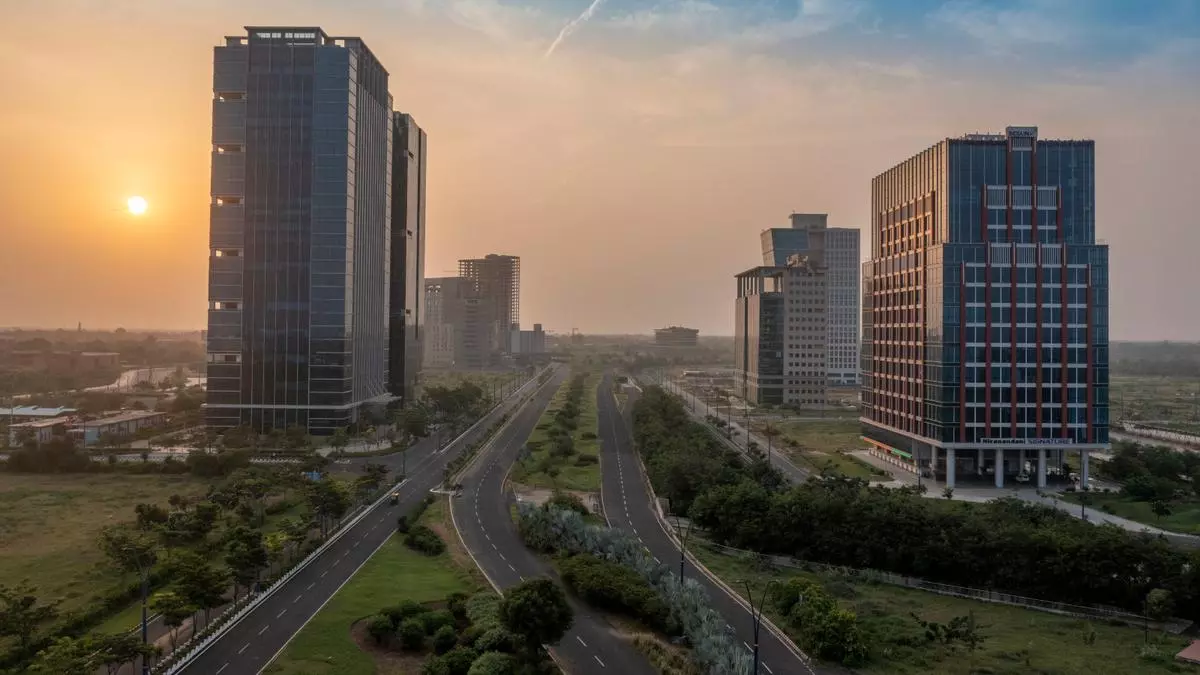Experts recommend ‘GIFT City 2.0’ to attract C-suite leaders
Despite thriving business at Gujarat International Finance-Tec City (GIFT City) in Gandhinagar, what is holding it back from becoming a thriving cosmopolitan urban center is the poor social life and lack of incentives for C-suite executives to move to the country. The first smart city.
Informal interactions with senior Indian and global corporate leaders across sectors revealed that although business is run from GIFT City, senior decision makers prefer to travel from Mumbai, Bengaluru, Singapore or Dubai.
GIFT City 2.0.0 Update
“GIFT City offers a good platform for doing business. Operating from the International Financial Services Center (IFSC),” said an executive of a leading financial institution.
“The restrictions on the movement of foreign currency from GIFT-IFSC abroad is a deterrent for those working here and earning in dollars,” said a representative of a multinational company, speaking on condition of anonymity.
Also read: GIFT Nifty to trade for 21 hours in 2 sessions
RK Jha, who led the GIFT City project during the period 2007-2015, highlighted some concerns, including the tax structure for companies and individuals, the quality of life for executives and employees, along with the infrastructure for social, health, educational and recreational activities.
Is NRI considered a way forward?
Talking to business line, Jha said, “Individual Indians who earn foreign exchange from multinational operations have to pay very high taxes. Therefore, there is a lot of reluctance on the part of CEOs and decision-makers to shift to GIFT City,” said Jha, suggesting “appropriate amendments in the existing rules.” Special Economic Zones to enable people who work in the IFSC area and live in the notified area. from GIFT Global Finance Business City to be treated as an NRI.”
But there are practical challenges to this concept. PK Modi, an Ahmedabad-based tax and policy expert, said, “There is no term called NRI in the Income Tax Act. Under the Special Economic Zones Act, there are benefits given to entities. But there is no scheme for individuals. It is very difficult to determine the status of NRIs considered under The law, where there are FEMA and other regulations that make it a complex structure.”
However, Njeti Srinivas, chair of the International Financial Services Center Authority (IFSCA), ruled out the possibility of considering exemption from personal income tax. “All the regulations that the IFSCA has put in place, they’ve benchmarked them against the best regulations in any other regulatory regime. We’re not opaque. We’re not a tax haven. There will be substantial benefits to coming here, but not for obfuscation.
Also read: Budget 2023: GIFT IFSC gets a policy boost with regulatory simplification and tax benefits
“India can’t create a black box like other tax havens. If someone comes here and says make personal income tax zero, it won’t be possible… IFSC’s gift to India is what Hong Kong is to China. We don’t compete with Dubai or Singapore.” .
GIFT SEZ, of which the IFSC is a part, is considered a foreign region. It gives businesses the freedom to operate as they would in a foreign country, but so is the case with individuals who pay taxes under local income tax laws.
Last year, the Gujarat government authorized the expansion of GIFT City from the existing 1,000 acres, including 860 acres of base area, to around 3,300 acres for the development of a global financial business city. Jha suggested that GIFT City be notified as a national city directly under the control of the central government, which would make laws easier to draft and implement.
“The development of GIFT City will dwindle if efforts are not made in time to attract people here and further develop the area,” Jha added.
